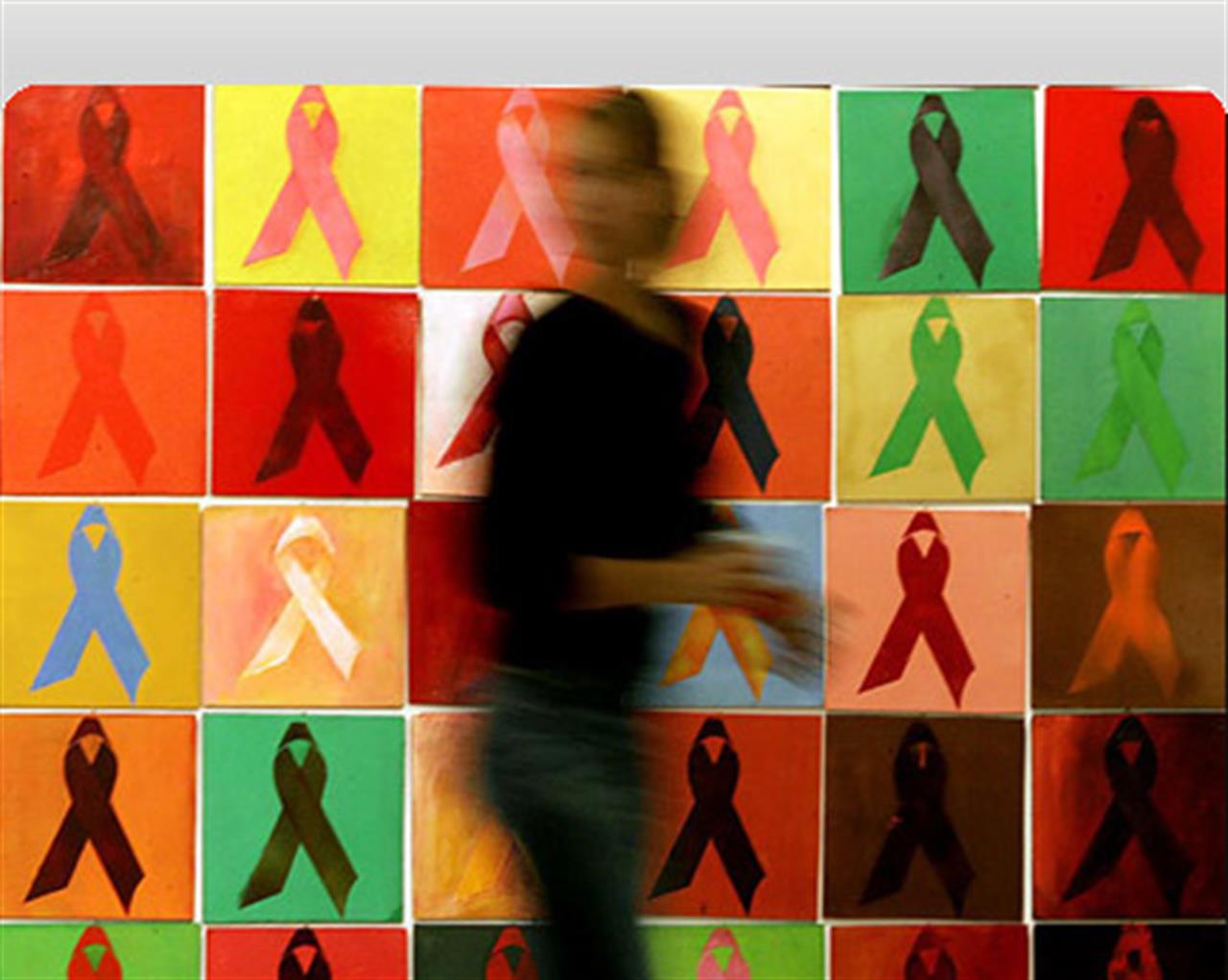Salute
Mexico: 17th International AIDS conference opens
This year, Mexico City is hosting the International AIDS conference that sets out to tackle today's challenges in fighting AIDS.

According to UNAIDS, the United Nations’ HIV programme, there are still many, too many, people with AIDS in the world: an estimated 33 million people are affected by the illness world wide. There is, however, some good news from statistics collected in 2007, such as the estimate that over two years the number of people dying from AIDS decreased from 2.2 million to 2 million per year and the number of new infections decreased by 3 million in 2001 to 2.7 million last year. These figures testify that progress is being made, that antiviral medicines are increasingly available and mark the scenario for the opening of the 17th International AIDS Conference, this year held in Mexico City, on August 3.
In 2005 world leaders through the United Nations committed to the goal of providing universal access to HIV prevention, treatment, care and support to all those in need by 2010. According to the organisers, AIDS 2008, is an opportunity to evaluate progress towards this goal: “AIDS 2008 is taking place at a unique moment in the epidemic, when there is widespread consensus on the urgency of ensuring universal access to HIV prevention, treatment, care and support by 2010,” said AIDS 2008 International Co-Chair Dr. Pedro Cahn, President of the International AIDS Society (IAS) and Fundación Huésped in Buenos Aires, Argentina. “What we now need is action on the part of all stakeholders. As we gather in Mexico, each of us must ask ourselves: What can I do to end AIDS? In 2008, there are no longer bystanders in this global struggle,” he added.
Over 22 thousand experts, including civil society workers from the field, are expected to attend, but many are doubtful that the meeting will result in any concrete action plan. Alessandra Cerioli, from the Italian league to fight AIDS, highlights that although it is important that the conference be held in Latin America, home to one third of global AIDS patients, “governments have made many promises in the past and there is no guarantee that they will keep any of the promises they will make during the AIDS 2008 conference this week”.
AltertNet reporters, on the other hand, warn that despite encouraging signs in AIDS care and prevention, many developing countries are dire shortages of qualified doctors and nurses as healthcare workers leave for developed countries where they are paid many times more.
“We need to assist poor countries to train more health staff, provide commensurate salaries to enable them to live better lives and carry out their work,” said Moses Massaquoi, medical coordinator with Medecins Sans Frontieres in Malawi, at the AIDS conference in Mexico City.
Treating AIDS patients requires dedicated training, and most countries with a huge burden of the disease simply do not have enough of such professionals. Peter Piot, executive director of the U.N. AIDS agency UNAIDS, echoed Massaquoi’s comments at the conference, where international agencies, health officials, scientists, pharmaceutical companies and nongovernmental groups will discuss ways to stop the epidemic over the coming week.
“Three million people (globally) have access to drugs, but six million do not. AIDS is far from over,” Piot said. “There is a need to expand treatment to those who do not yet have treatment.”
In Malawi, where 12 percent of the population of 12 million is infected with HIV, a nurse who cares for AIDS patients earns $3 a day. Massaquoi said it was little wonder why half of those who need treatment, or 141,000 people, have not been able to get drugs.
While the conference sets out to discuss “how specifically to tackle the underlying drivers of HIV risk and vulnerability – including gender inequality, human rights violations and HIV-related stigma and discrimination” and to explore “the importance of strengthening overall health systems in poor countries, thousands of AIDS advocates crowded the streets of Mexico City in a multinational march and rally, spearheaded by AIDS Healthcare Foundation, to demand for action, not words under the slogan: “Universal AIDS action now”. The protesters are calling for increased access to HIV testing and lifesaving antiretroviral AIDS drugs in their ‘Mexico City Manifesto 2008’ that was presented on August 3 to senior IAS conference officials just prior to the official ceremonies of the XVII International AIDS Conference.
Find out more: www.aids2008.org
Si può usare la Carta docente per abbonarsi a VITA?
Certo che sì! Basta emettere un buono sulla piattaforma del ministero del valore dell’abbonamento che si intende acquistare (1 anno carta + digital a 80€ o 1 anno digital a 60€) e inviarci il codice del buono a abbonamenti@vita.it
